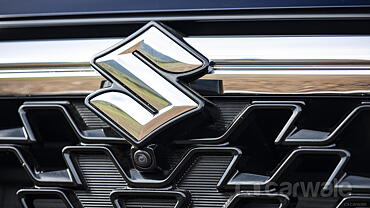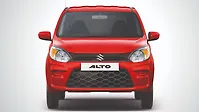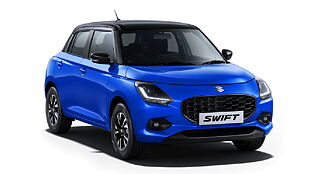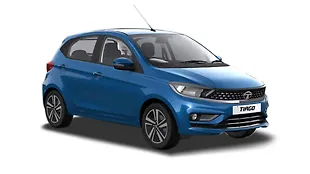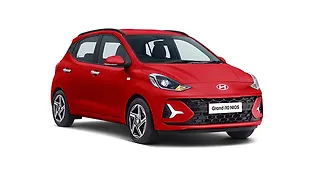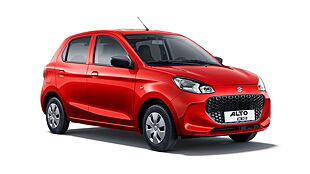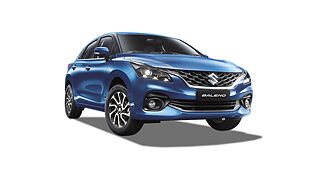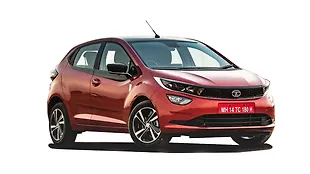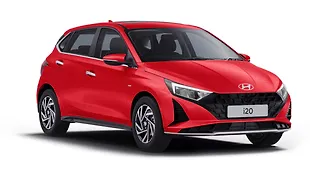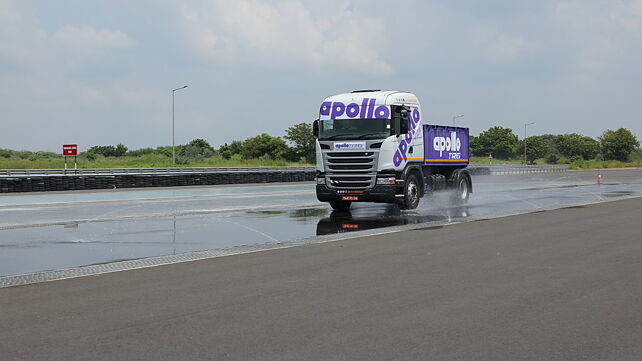
Apollo Tyres has collaborated with Global Automotive Research Centre (GARC) to establish a test track for testing wet grip of tyres, which is one of the primary safety tests. Apollo Tyres provided the technical expertise to get the track ready for the testing of wet grip of tyres, as per the standard specifications.
The readiness of the test track is linked to the Indian Government’s plan to implement ‘Star Rating’ of tyres, in line with the Tyre Labelling regulation in Europe. The objective is to ensure safety, along with the maintenance of the economic and environmental efficiency of road transport by promoting fuel-efficient and safe tyres with low noise levels. A new Automotive Industry Standard, AIS 142, confirming to the UNECE R117, has been prepared. It comprises evaluation of tyres with regards to rolling sound emissions, adhesion on wet surfaces and rolling resistance. TUV Rheinland, facilitator for automotive homologation, has certified the compliance of the new test track in line with the stipulated conditions as stated in UNECE R117/ AIS 142.
GARC is one of the centres established by Ministry of Heavy Industries and Public Enterprises, Government of India (under NATRiP), located at Oragadam near Chennai, Tamil Nadu. It has been authorized as the test agency under CMVR 126 by Ministry of Road Transport & Highways, Govt of India. GARC has full-fledged R&D and homologation test facilities, including the test tracks, to certify all category of vehicles, systems and components as per national and international standards.
Commenting on this, Satish Sharma, President, Asia Pacific, Middle East & Africa (APMEA), Apollo Tyres said, “Being the leaders in the Indian Tyre Industry, we would like to further the cause of testing the tyres and provide highest quality tyres to our customers across geographies. We proudly associated with GARC to create the first of its kind wet grip testing track, meeting UNECE R117 standards in India, thereby upping India’s self-sufficiency in tyre technology. This facility will not only help us test the tyres for the Indian market, but also the ones that are exported, and need to meet the labelling requirements.”






